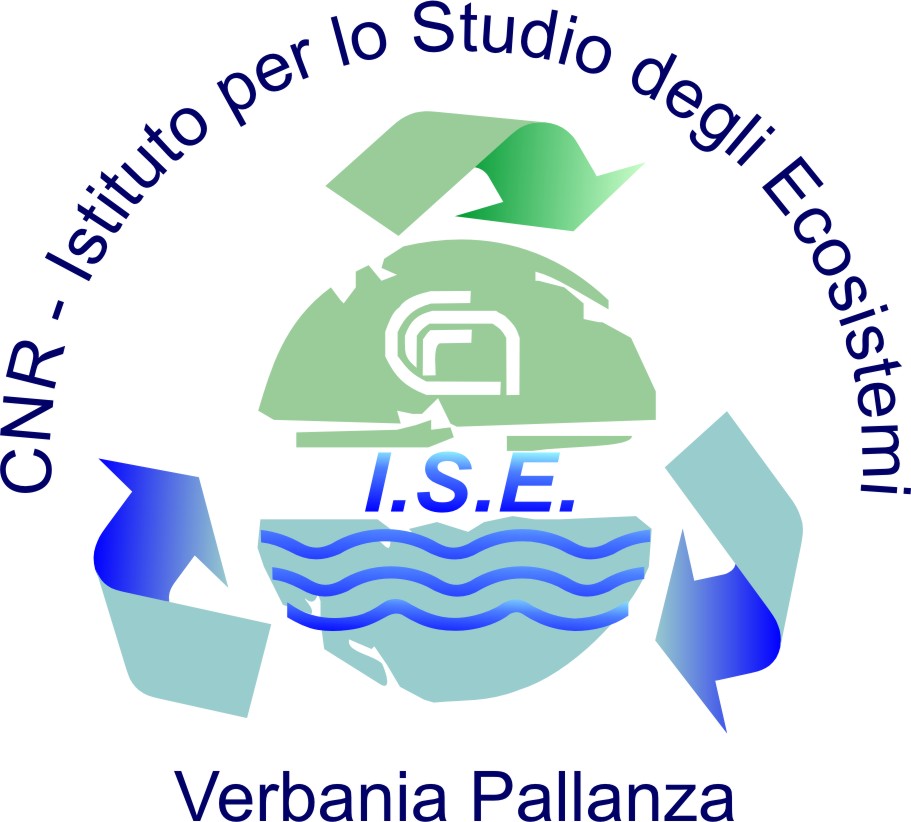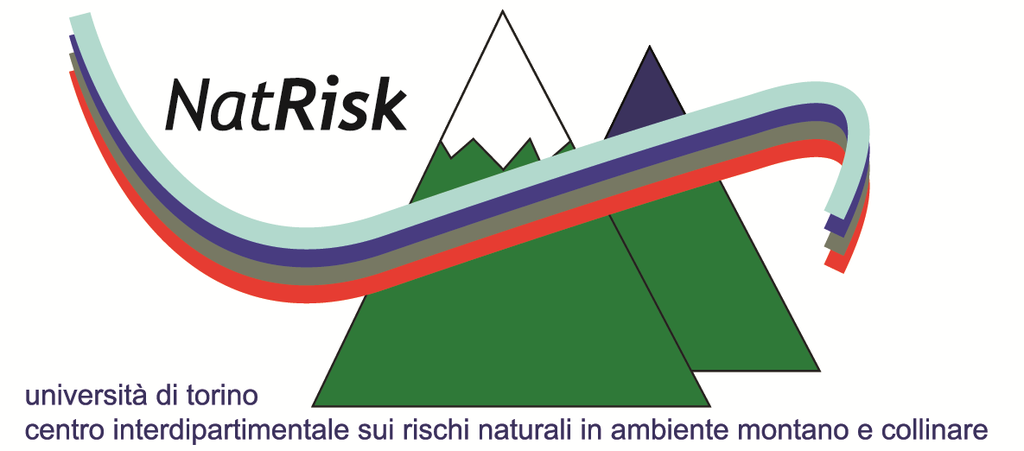You are here
Introduction to the project
Mountain regions provide environmental services (ecosystem, water, cultural and economic) that are essential for human societies, especially in areas with complex orography such as the Italian territory. Mountains are crucial reservoirs of water resources for the surrounding areas and contain a unique heritage of specialized ecosystems and biodiversity. What happens in the mountains is not confined to high-altitude areas but it directly affects the health of natural and agricultural ecosystems as well as the human activities located further downstream.
However, mountains are highly sensitive to climate and land use changes, and they are fragile environments that are strongly affected by the negative consequences of global change, with the danger of losing the environmental services thay currently provide. A comprehensive knowledge on the current and past state and changes of the Italian mountain regions has to be developed in order to support knowledge-based management and conservation policies.
The NextData project aims at providing quantitative information on the state and on past, present and future climate and environmental changes in Italian mountain regions. The project is also devoted to reconstructing past climate conditions in the Italian territory, promoting an easy access to data, results and knowledge. The multidisciplinary approach combines field monitoring, use of satellite data, reconstruction of the past climatic conditions in the last few thousands years, as well as numerical simulations on the expected climate and environmental variability in the Italian mountains for the next decades. An important goal of the project is the implementation of an integrated high-altitude network of climate monitoring stations in the Italian mountains.
The project focuses its activities on three key themes ("Grand Challenges"):
1. Monitoring of meteo-climatic and environmental conditions, of ecosystems, of hydrological resources and of their ongoing changes in the mountains.
2. Reconstruction of climate and environmental variability in Italy over the last Millennia.
3. Development of high-resolution projections of future climate and environmental conditions in the Italian mountains.
The types of data/information collected by the project are related to: (i) meteo-climatic conditions and atmospheric composition; (ii) state and changes in the hydrological cycle, with particular reference to changes in groundwater and surface water resources and in cryosphere resources (glaciers, snow cover); (iii) state and changes in biodiversity and ecosystems in high-altitude mountain areas.
The NextData project will provide quantitative and consistent information on the status and on past, present and future climate conditions, water resources and natural ecosystems in Italian mountain areas as well as a reconstruction of past climatic conditions in Italy.
The data, information and results obtained during the NextData project will be open-access, by means of a system of thematic archives and a general portal of the project. This system is in keeping with the approach by the Group on Earth Observations (GEO), to which Italy strongly contributes also through the NextData project. The archives and the portals will be hosted on the servers of public research institutions, ensuring continuity after the project conclusion and avoiding the risk of dispersing the collected information.
An important result of the NextData project is that, for the first time in Italy, the climate modelling community coordinated itself to obtain and provide consistent and compatible results. These results can be used in an integrated way to estimate the impacts of climate changes, strengthening the entire national research climate system. Furthermore, the project promotes a strong integration between the modelling and monitoring communities, allowing to validate the models by means of observational data and to insert the observational data in the climate modelling context. The building of an integrated modelling and climate monitoring community in turn leads to higher international competitiveness of the Italian research system. The strengthening of participation in European projects and contribution to international programs such as GEO is an example, as well as the contributions to the Belmont Forum, Future Earth, WMO and Copernicus. We hope that the research community formed within the NextData project can find continuity at the end of the project, as well as further development in national and European research infrastructures.
From a conceptual point of view, the NextData project expands our knowledge on climate and ground systems dynamics (water resources, ecosystems) that are affected by climate change, promoting the integration between observations, monitoring and modelling aspects and developing new knowledge on the Earth System. The Nexdata project stimulates the research on climate and the Earth System and focuses on the mountain environment as a complex system where the geosphere and the biosphere interact very closely, through the essential mediation of water in all its forms. The large number of scientific articles already produced, and that will be produced over the next two years, indicates the scientific relevance of the project.
The NextData project carries out an intense training activity, which will continue until the end of the project. This includes the activation of various PhD scholarships and numerous Research Grants and Fellowships. International summer schools are organized and lectures on topics related to the project are held in various summer schools as well as in doctoral courses.
The NextData project supports an intense work of "payback" to the society by means of various kinds of dissemination activities of the results. A documentary movie on mountain ecosystems has been prepared, a volume on climate change has been edited and public lectures in different contexts have been held. Finally, a photographic exhibition on the high altitude lakes of the Gran Paradiso National Park has been organized. A new photographic exhibition on mountain ecosystems is planned, as well as the preparation of a final volume illustrating the results of the project.
In the framework of NextData, the activities have been carried out in 2012 and 2013, with a reduction of the activities in 2014, 2015 and 2016, and a restart of all activities in 2017. In order to properly conclude the research, the term of the project was extended to 31st December 2018.




























